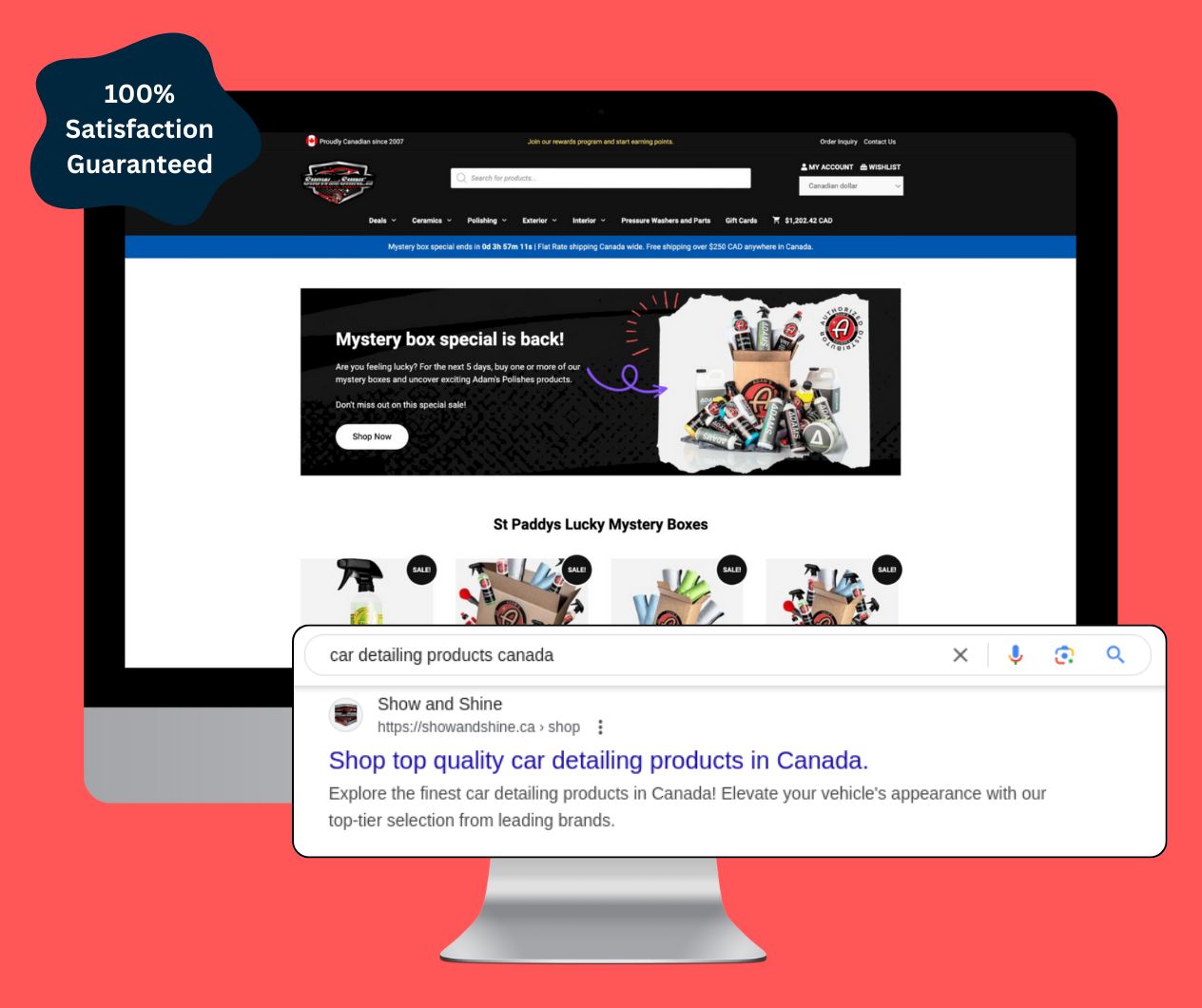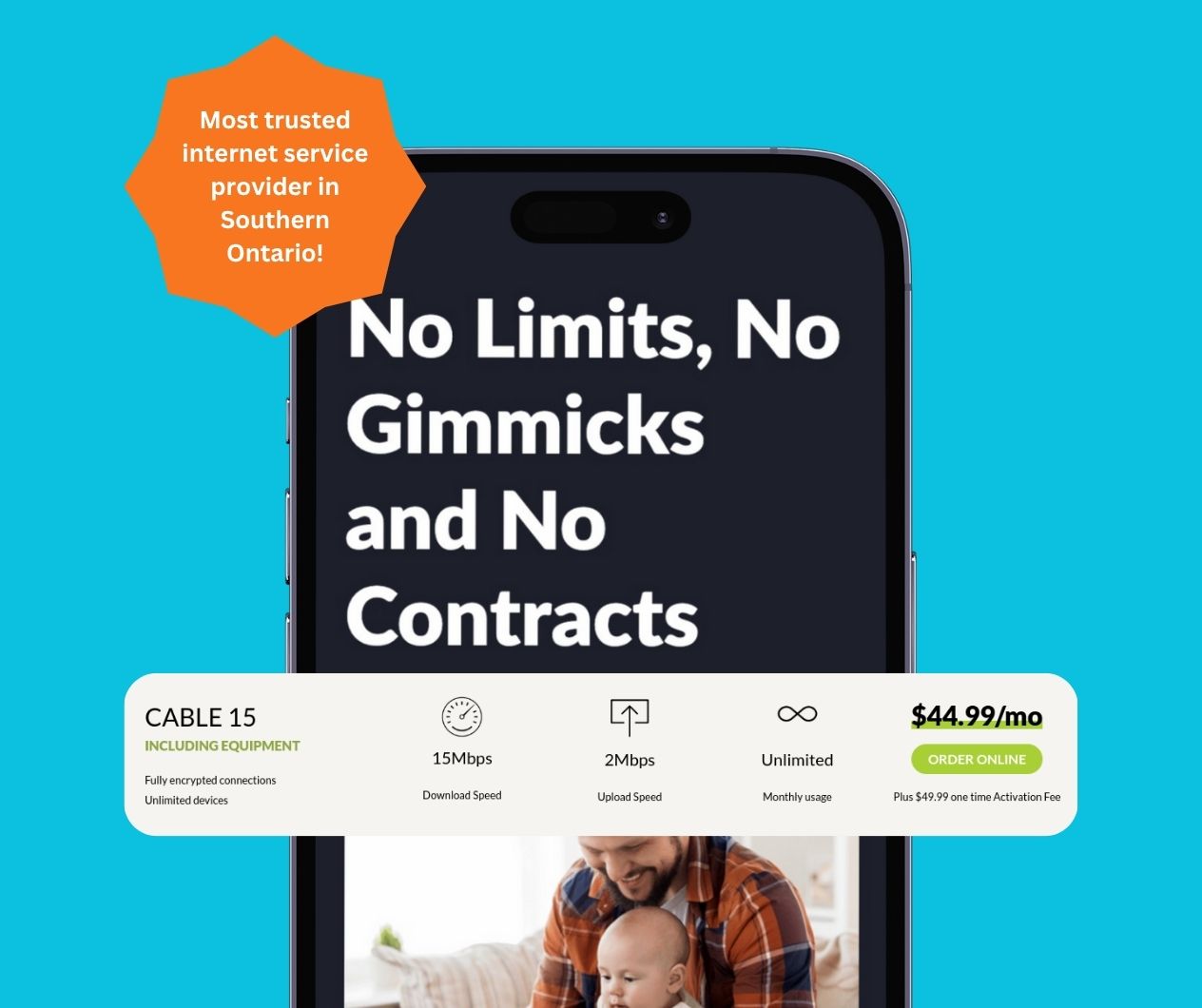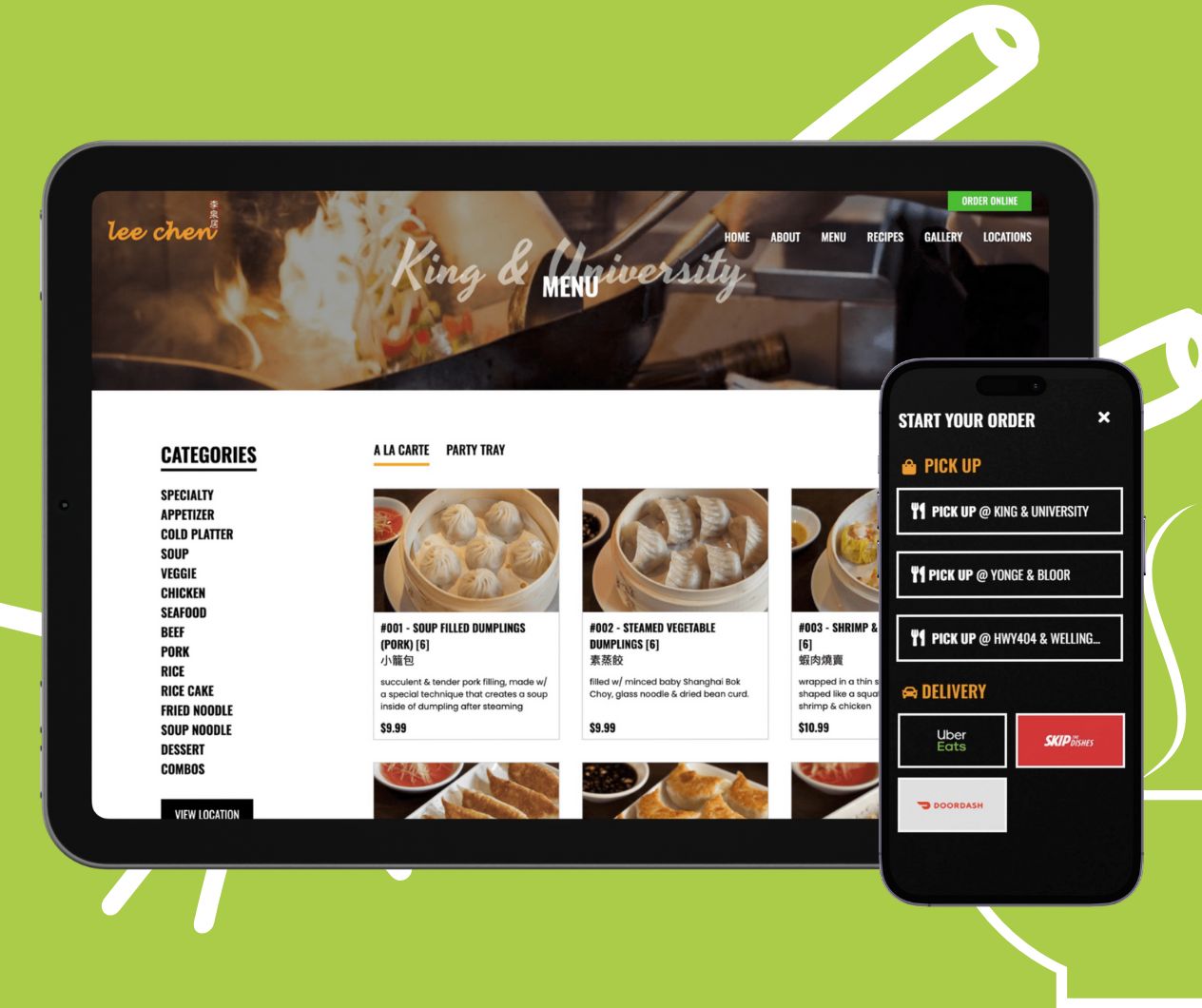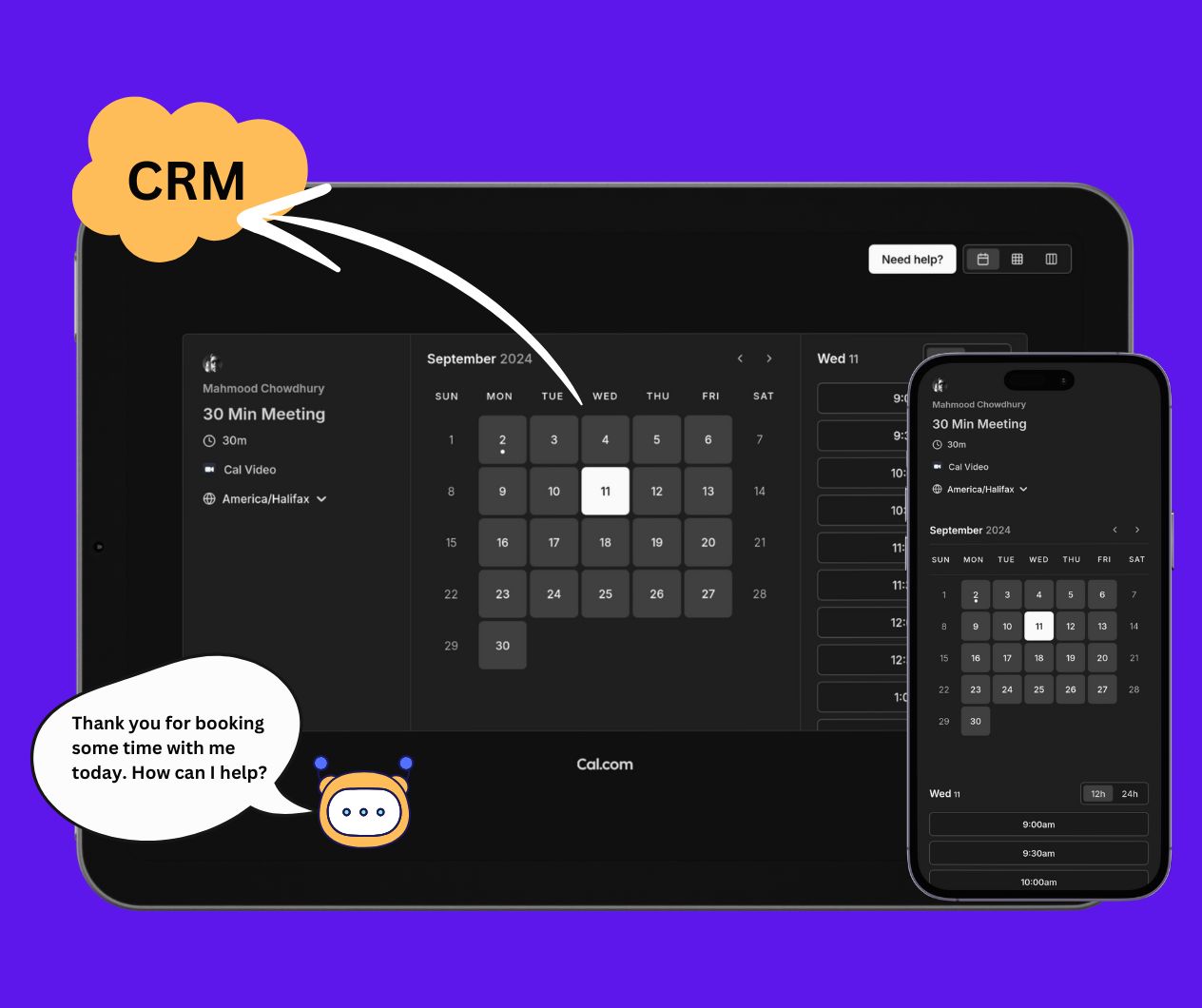Improving Digital Experience through
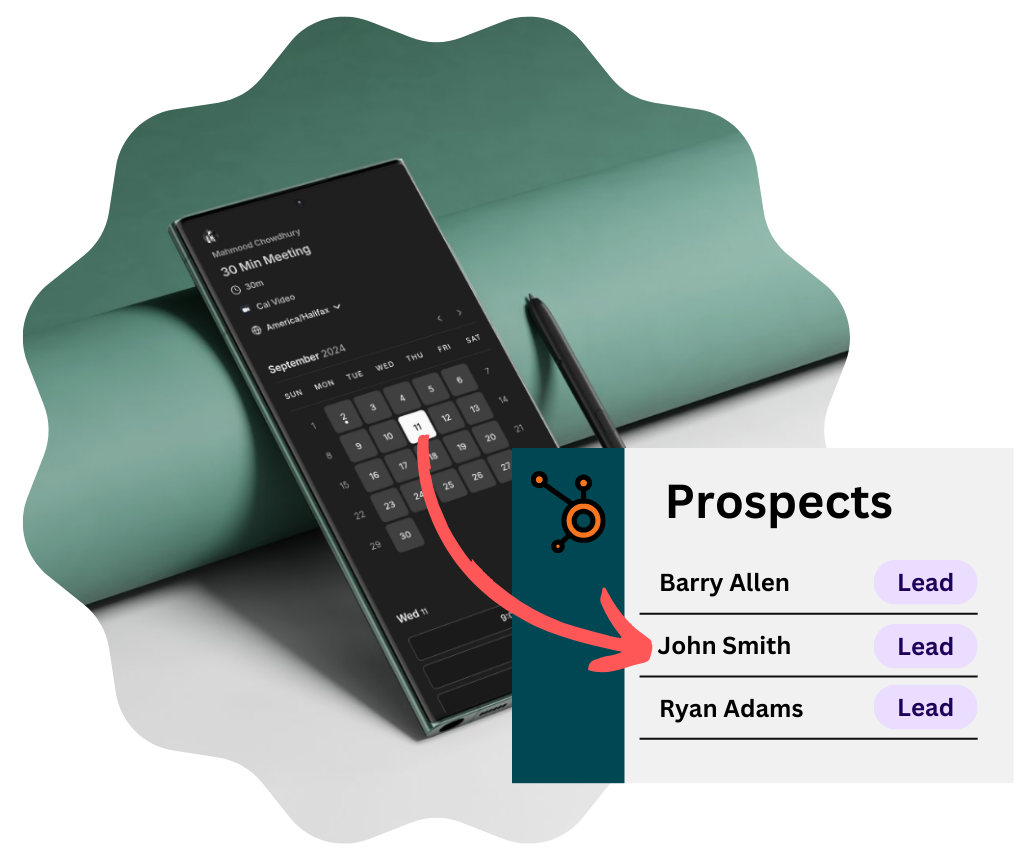
Specializing in creating user-centric digital experiences that drive conversions, optimize organic search ranking and automate lead generation.
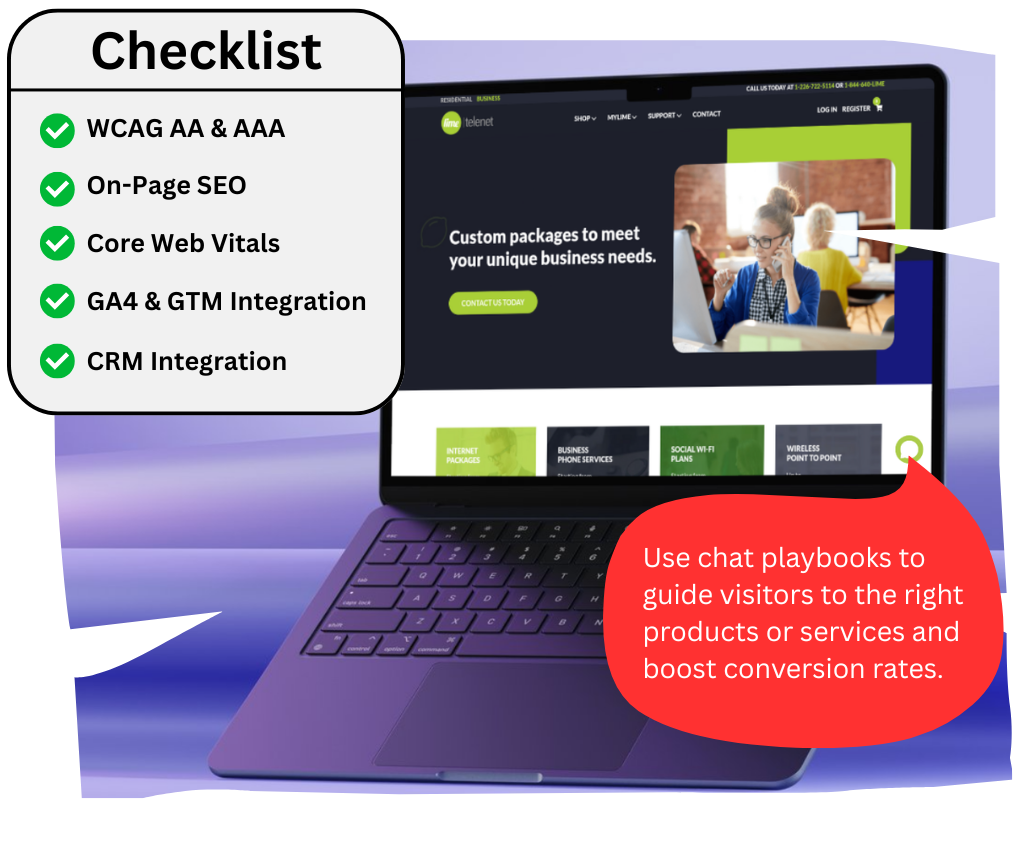
Seamless Web‑to‑CRM Integration
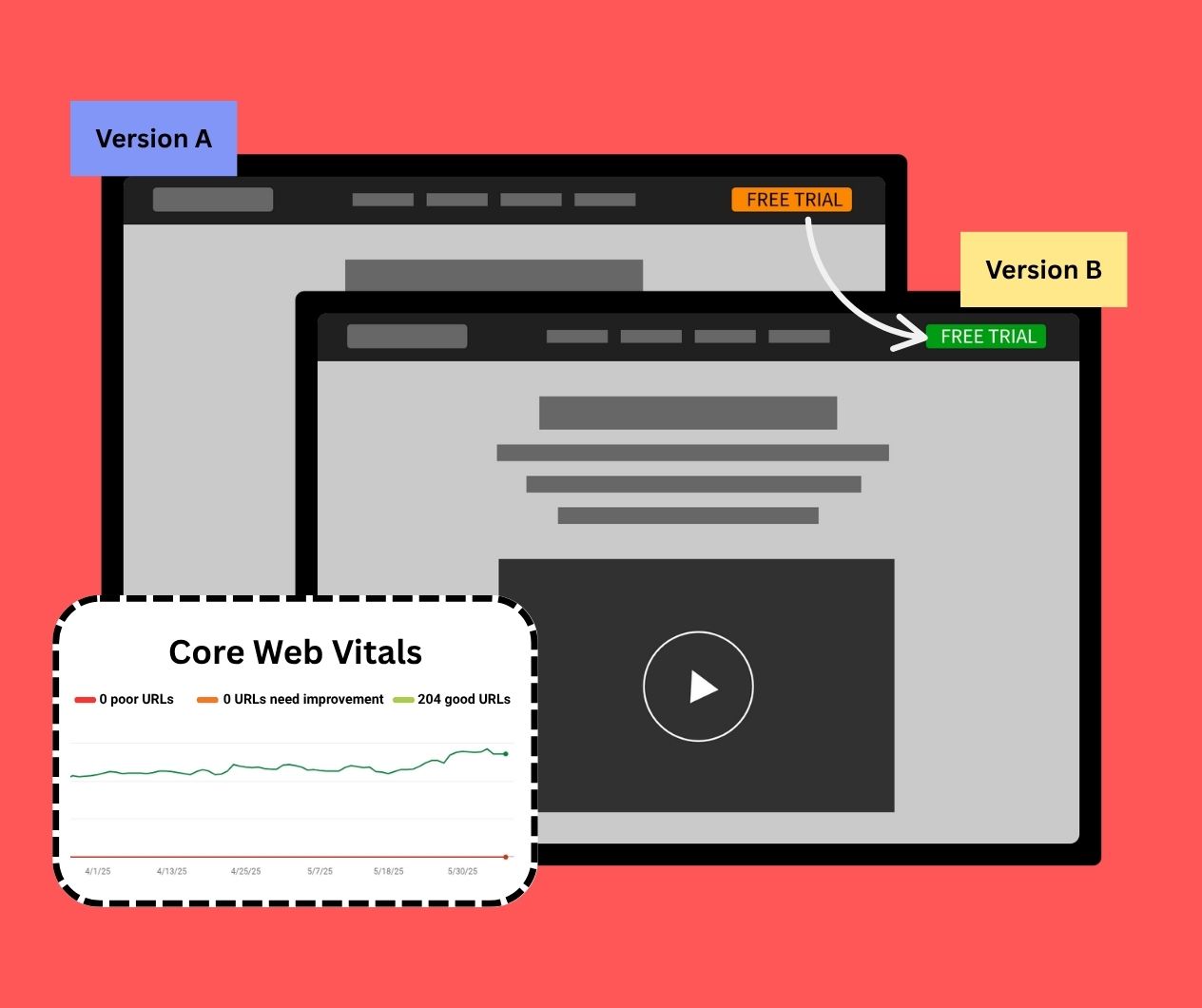
Performance‑First Web Development
Builds sites that rank higher, load faster, and convert better—leveraging clean code, schema markup, and Core Web Vitals optimization.
I create sites that do more than look good—they rank, load instantly, and turn visitors into customers.
- Strategic architecture – Clean HTML/CSS, logical URL hierarchies, and rich‑snippet schema give search engines the signals they need to surface your pages.
- Performance‑first engineering – Core Web Vitals, lazy loading, CDN caching, and server‑side optimizations keep page‑load times under 2 s, reducing bounce and boosting conversion.
- Conversion‑focused design – Persuasive CTAs, frictionless forms, and A/B‑tested layouts align UI with measurable revenue goals.
- End‑to‑end reliability – Robust back‑end setups, automated deployments, and integrated monitoring keep the site stable for both users and your ops team.
Whether it’s a brand‑new build or a full‑scale migration, I balance SEO, speed, and conversion metrics so the site works smarter, not just harder.
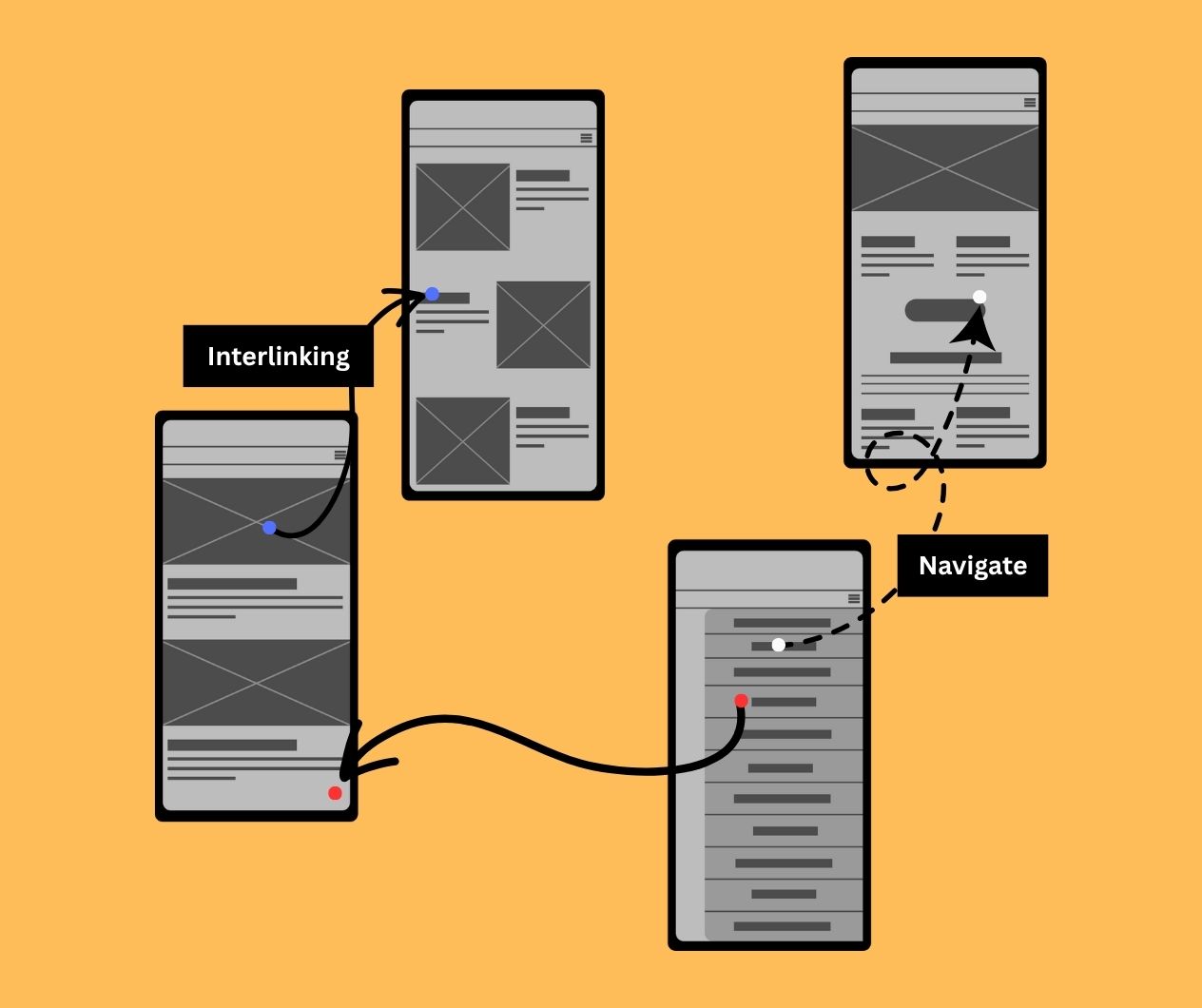
Intuitive, Data‑Driven UX Design
Creates journeys that feel natural, reduce friction, and guide users toward the desired action—backed by usability testing and AI‑assisted copy.
Great digital products feel effortless. My process makes that feeling inevitable.
- Human‑centered research – Interviews, surveys, and analytics uncover real goals, pain points, and behavioral patterns that drive design decisions.
- Clear information architecture – Logical content hierarchies and progressive disclosure guide users intuitively from discovery to action.
- Rapid prototyping & validation – Low‑fi wireframes → hi‑fi mockups → moderated usability tests let stakeholders see the vision early and iterate based on real‑user feedback.
- AI‑assisted copy – Prompt‑driven language models generate headline and micro‑copy variations that are then vetted through testing, speeding up the creative loop.
- Inclusive design – WCAG‑compliant color contrast, keyboard navigation, and ARIA labeling ensure the experience works for every ability level.
The result is an interface that just works: intuitive, useful, and enjoyable for anyone who lands on it.
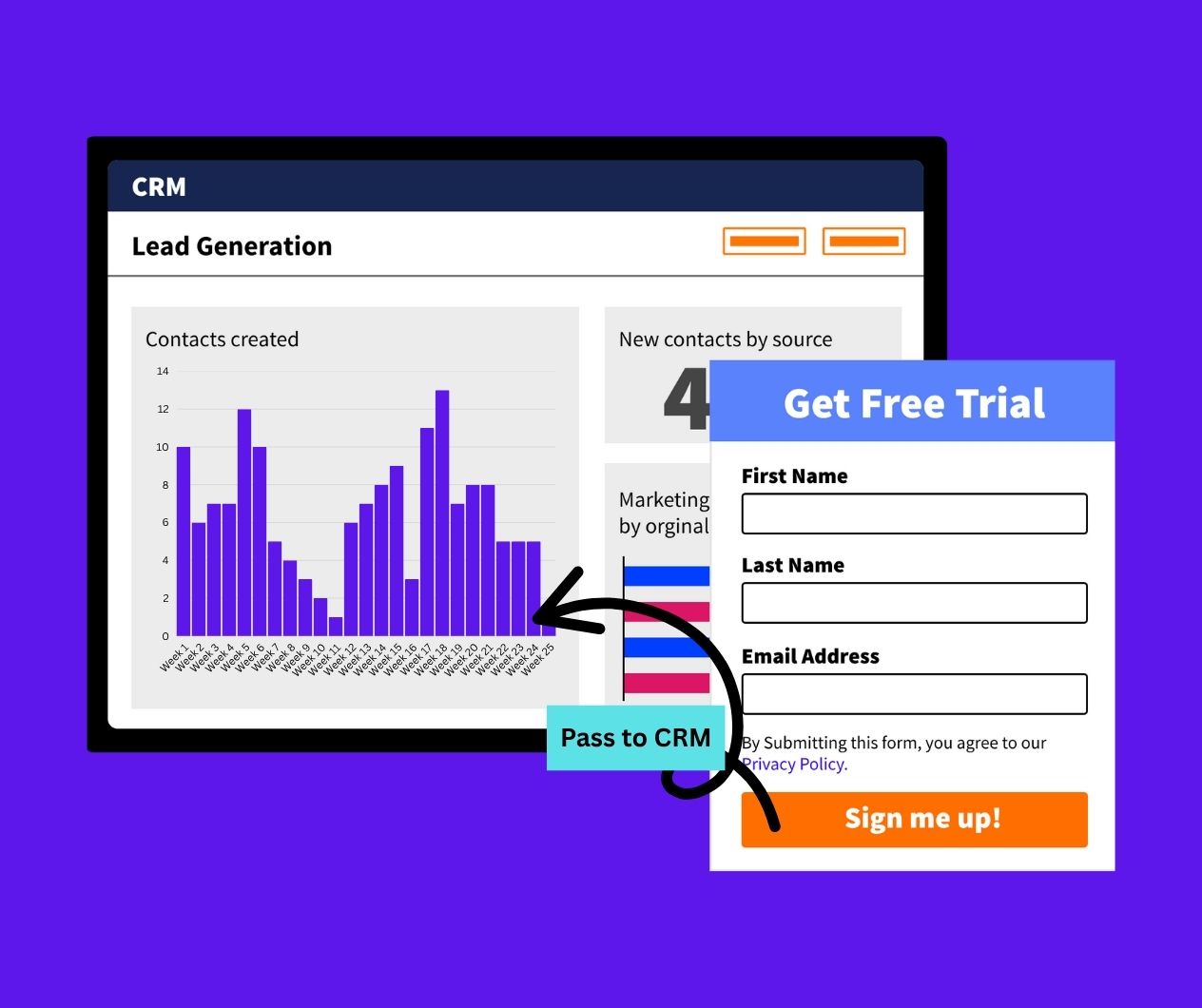
Unified Web‑CRM‑Marketing Stack
Connects website behavior to CRM records and marketing automation, enabling real‑time lead scoring, personalized nurturing, and closed‑loop reporting.
Marketing succeeds when data flows freely across the stack. I build those pipelines.
- Seamless web‑to‑CRM capture – Forms and event listeners push leads directly into Salesforce, HubSpot, or any CRM via API/webhooks, eliminating manual data entry.
- Automated lead nurturing – Triggered workflows in Pardot, HubSpot, or Marketo segment leads, send personalized drip campaigns, and score prospects in real time.
- Closed‑loop reporting – Unified dashboards combine GA4, CRM, and marketing‑automation metrics, giving you a single view of acquisition cost, pipeline velocity, and ROI.
- Dynamic personalization – CRM fields (industry, intent, lifecycle stage) feed back into the website to surface tailored content, offers, and CTAs.
- Scalable orchestration – Using tools like Zapier, Make, or native integrations, I design repeatable processes that grow with your business without adding friction.
By stitching together the web, CRM, and marketing layers, I turn isolated data points into a coherent, revenue‑generating engine.
That Deliver Real Results
Jonathan Goldberg
Kimberfire
Chris Coppens
Intelex Technologies
Jeff Schnurr
InView Marketing
Ryan Culver
Lime Telenet
Ben Ringshall
iFinance Canada
